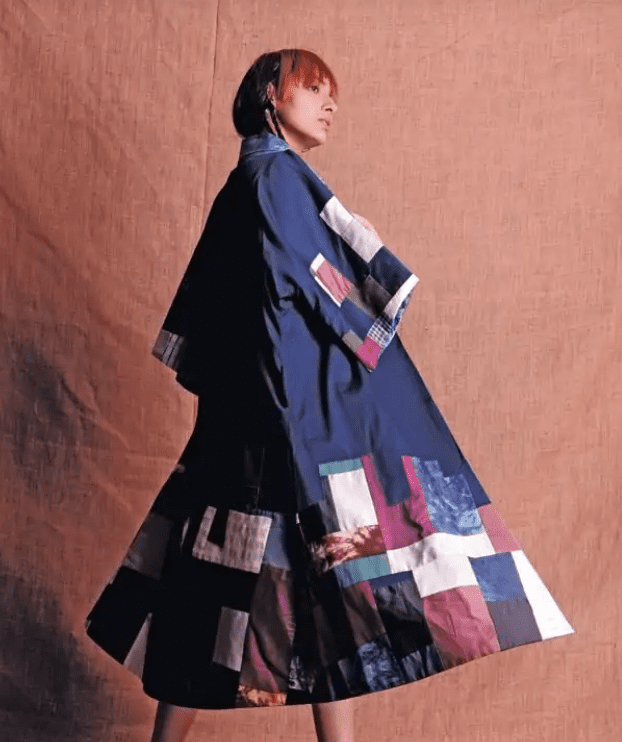Indian brands are patching up denim scrap to upcycle and create all-new designs.
Along with other textiles and fabrics, denim is getting a new lease of life with upcycling.
There are roughly three kinds of denim scrap—pre-production (what’s left after cutting for large orders), post-production (what’s left after garments have been stitched), and post-consumer, which comprises garments that have been discarded.
Among the designers who have chosen to focus on denim is Delhi-based Kriti Tula, founder of zero-waste fashion label Doodlage, who uses discarded denim in her designs, with patchwork and embroidery. “Denim is a sturdy material to explore these techniques with,” she says. “The textile takes the shape of your body after years of being worn. We work with denim because we understand the implications of how denim is produced and how durable it is.” The problem with this timeless and iconic textile lies in its polluting production process and inefficient use of water and energy.
It was, in fact, the exposure to such processes that prompted Bengaluru-based designer Neha Celly to launch her own zero-waste label, a nice gene, earlier this year. Celly has been working with denim for 15 years, initially as a designer with brands such as Arvind Mills and Madura Garments.

In 2013, she set up her own denim research and design firm, Bluehemia. “India is still an upcoming market for designer denim, and there are still only some designers upcycling denim (regularly). Even a company like Arvind Mills, which uses sustainable practices of using recycled wastewater, still produces waste. As a consultant, I suggested we close the loop by (their) lending me their denim scrap,” she says.
Celly uses post-production waste for hard furnishing; for apparel, she’s experimenting with fibers, textures, and colors to create ombre effects and 3D applique effects in “high fashion” denim clothes.
Mumbai-based entrepreneur Soumya Kalluri, who founded Dwij in 2017, makes accessories like bags from pre-production and post-consumer waste, offering totes, backpacks, and pouches with colored checks, frayed edges, patchwork, and quilting. “We have optimized the process to know which denim suits which design,” says Kalluri.


